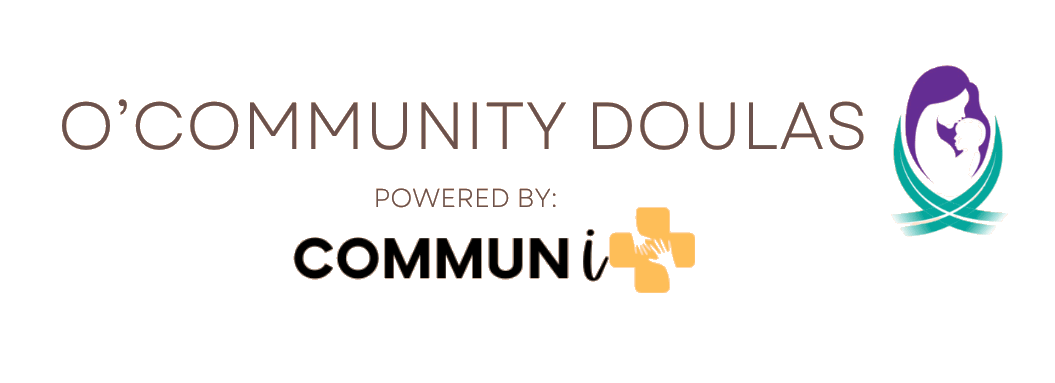Blog
Embracing Cultural Sensitivity in Maternal Health Support: The Role of Community Doulas
In the journey of pregnancy and childbirth, every woman deserves not only adequate medical care but also culturally appropriate support that respects her beliefs, traditions, and values. At O Community Doulas, we understand the significance of cultural sensitivity in maternal health support. Our mission is to provide comprehensive care that honors the diversity of the families we serve. In this blog, we’ll delve into why culturally appropriate care matters and how our doulas are trained to meet the unique needs of each individual and community.
Understanding Cultural Sensitivity in Maternal Health:
Cultural sensitivity in maternal health encompasses acknowledging and respecting the cultural, religious, and social backgrounds of expectant mothers and their families. It involves recognizing that each person’s experiences, preferences, and perceptions of pregnancy and childbirth are influenced by their cultural heritage. By embracing cultural sensitivity, we create an environment where women feel understood, valued, and empowered throughout their maternity journey.
Why Culturally Appropriate Care Matters:
1. Respect for Diversity: Every culture has its own traditions, rituals, and customs related to pregnancy, childbirth, and postpartum care. Culturally appropriate care acknowledges and respects these practices, fostering a sense of inclusion and respect for diverse backgrounds.
2. Trust and Communication: Cultural competence builds trust between caregivers and expectant mothers, leading to better communication and collaboration. When doulas understand and respect cultural nuances, they can effectively communicate with families, address concerns, and provide relevant information and support.
3. Positive Birth Outcomes: Studies have shown that culturally sensitive care is associated with improved birth outcomes, including lower rates of preterm birth, cesarean sections, and perinatal complications. By addressing cultural beliefs and practices, doulas can help reduce stress and anxiety, leading to healthier pregnancies and births.
4. Empowerment and Agency: Culturally appropriate care empowers women to make informed decisions about their pregnancy and childbirth experiences. When doulas validate cultural practices and beliefs, they support women in advocating for their own needs and preferences, promoting a sense of agency and autonomy.
Training and Approach at O Community Doulas:
At O Community Doulas, we prioritize cultural sensitivity in our training and approach to maternal health support. Our doulas undergo extensive cultural competency training, which includes learning about various cultural practices, beliefs, and traditions related to pregnancy, childbirth, and postpartum care.
We recognize that cultural competence is an ongoing process, and we continuously educate ourselves to better serve the diverse communities we work with. Our approach involves actively listening to the needs and preferences of our clients, respecting their cultural backgrounds, and collaborating with other healthcare providers to ensure comprehensive and holistic care.
Cultural sensitivity is not just a buzzword in maternal health; it’s a fundamental aspect of providing compassionate and effective care to expectant mothers and their families. At O Community Doulas, we are committed to embracing cultural diversity, promoting inclusivity, and empowering women to have positive pregnancy and childbirth experiences. By recognizing and respecting the richness of each individual’s cultural heritage, we strive to make a meaningful difference in maternal health outcomes and promote health equity for all.
